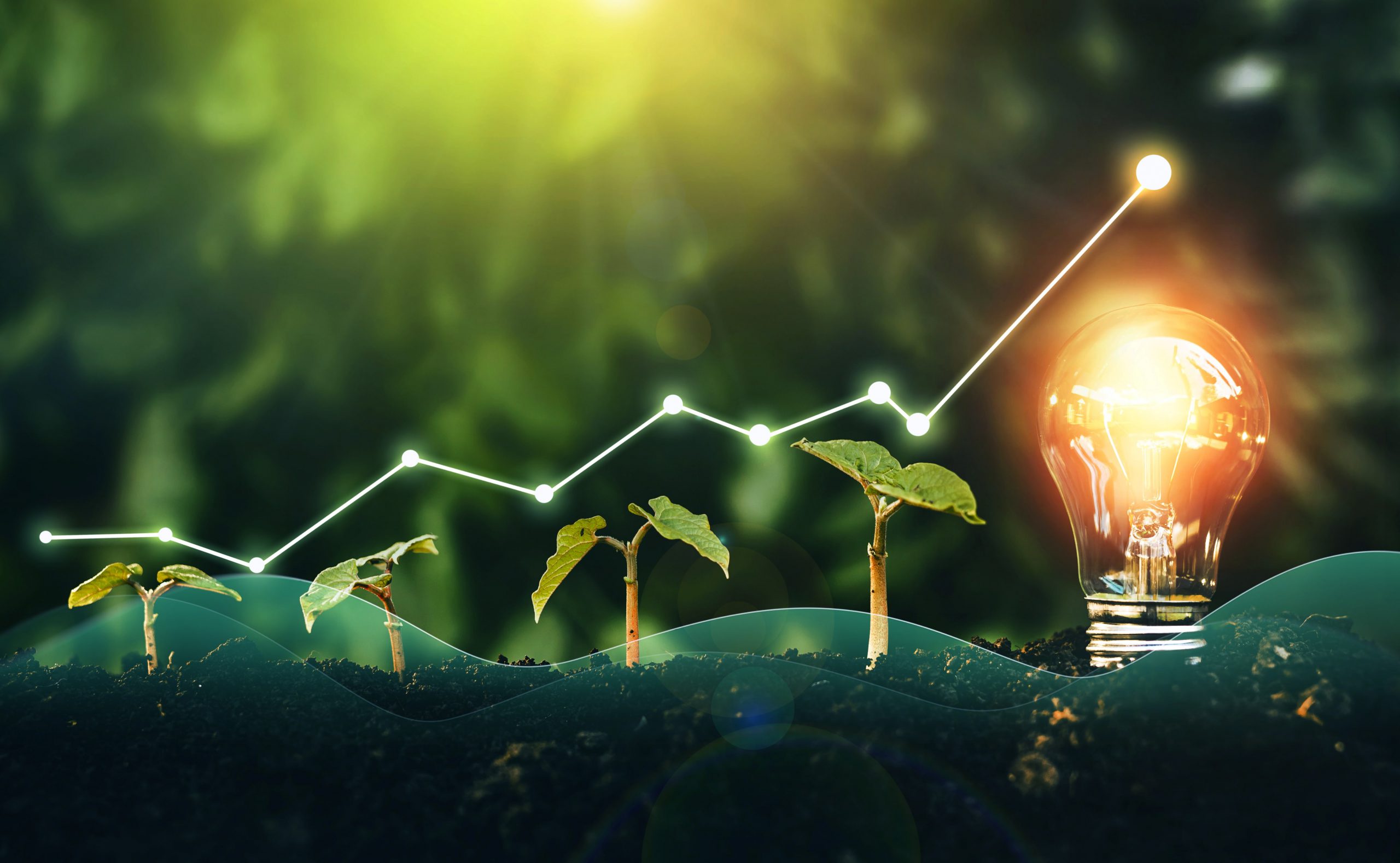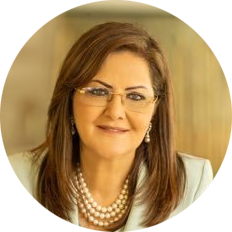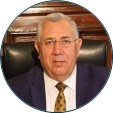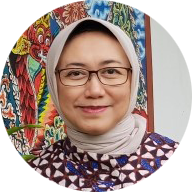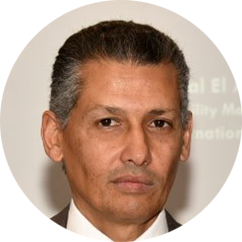1 June 2022; 12:30 – 2:00 PM
Venue: Tonino Lamborghini International Convention Center Sharm El Sheikh (Suez Canal Hall)
Overview:
The financial sector is as much exposed to climate change and central banks are increasingly acknowledging the physical and transition risks faced by the sector and are incorporating climate risks in their regulatory frameworks. At the same time, the financial sector, including multilateral, bilateral and commercial financial institutions have a major role to play in financing the transition to a green economy and investing in low carbon, climate resilient infrastructure.
The integration of environmental, social, and governance (ESG) criteria into investment decisions – designated as sustainable finance – has significantly increased across all asset classes and estimates of the global asset size of sustainable finance range from $3 trillion to $31 trillion.
The proposed session is highly relevant to COP27’s objectives, which is planned for this year in Egypt and will have a strong climate (especially adaptation) finance component. It is also in line with the IsDB Group Strategy update one of which strategic objectives focuses on driving the green economic growth of IsDB’s member countries.
Resource mobilization from IsDB resources and external ones will be key in this endeavor, to scale up green financing in MCs. As an MDB, the IsDB has committed to a joint MDB framework on Paris alignment, which includes increased ambition for climate action by mobilising private sector investments and supporting clients’ access to concessional finance, including for leveraging private capital.
Key issues to be addressed:
Interactive discussions during the session will help address the following issues:
- What are the barriers to the increasing climate finance, especially from the private sector?
- What tools, mechanisms and instruments are available to help scaling up climate finance and support green transition in developing countries?
- What are some examples of successful multisectoral coordination mechanisms to finance and scale up local adaptation?
- How can policy support and planning (including climate long term strategy planning) help in increasing access to climate finance by member countries?


